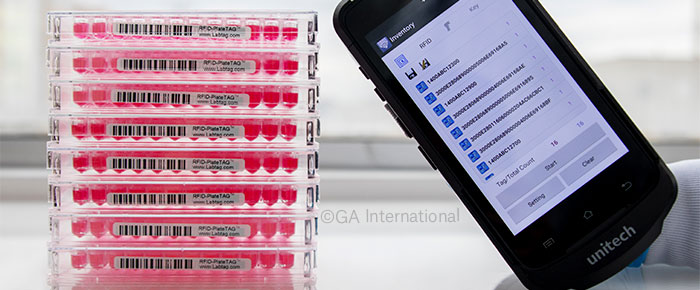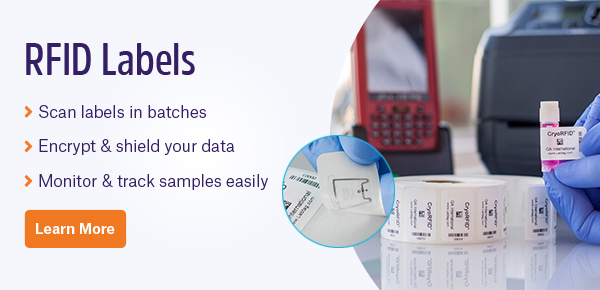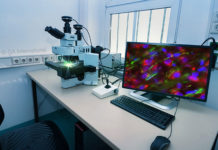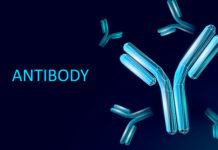
Now considered one of the premiere identification methods, RFID has been extensively used in the lab to track samples and inventory. Within the last year, a team from Know Labs Inc. has taken a giant step forward: they appear to have successfully adapted RFID as a novel method of measuring metabolite concentrations in the lab. Their new device, called Bio-RFID™, is primed to take over not only the laboratory but the medical field as well, with the potential to help patients with diseases like diabetes non-invasively measure blood analytes, including glucose levels.
A proof-of-principle study
The first article assessing the functionality of the Bio-RFID sensor was published in Sensors (Basel) last year. In it, the authors describe Bio-RFID’s usage as a sensor that can generate radio-frequency signals ranging from 100 MHz to 4000 MHz, with an amplifier to boost the signal. It then measures the power received from the solution via an antenna array and collects values at 7501 different frequencies. It also provides a calibration path for the signals to allow the system to test itself and set benchmarks for each type of solution.
The initial testing of the device used solutions containing various concentrations of isopropyl alcohol, NaCl, and bleach (NaOCl), all in deionized water. After transferring the solutions to cuvettes and allowing the Bio-RFID sensor to read them, the authors found that the sensor could correctly identify each solution, regardless of its distinct chemical or concentration.
Applications for RFID in medicine and beyond
This type of sensor has the potential for multiple uses in the medical sector, most notably in measuring blood glucose levels in diabetic patients. The authors state that based on the paper’s findings, Bio-RFID would already be able to measure differences in glucose of up to 250 ppm (25 mg/dL). However, they also recognize that they did not measure its ability to determine metabolite concentrations from a complex mixture, particularly one as complex as blood. Outside of medicine, they hypothesize that the sensor would be an ideal method for quality assurance for the industrial, chemical, pharmaceutical, and food production sectors. They note that it could even be used to identify impurities in municipal water supplies or counterfeit products.
While more work is needed to test the abilities of this novel RFID-based chemical sensor, it may ultimately surpass invasive glucose monitoring systems or even blood tests for measuring metabolites and other health-related analytes. For now, though, it will remain one of the best ways to manage laboratory sample tracking, including containers and reagents destined to be tested for biochemical sensors like Bio-RFID.
LabTAG by GA International is a leading manufacturer of high-performance specialty labels and a supplier of identification solutions used in research and medical labs as well as healthcare institutions.
Reference:
- Klyve D, et al. Detecting Unique Analyte-Specific Radio Frequency Spectral Responses in Liquid Solutions-Implications for Non-Invasive Physiologic Monitoring. Sensors (Basel). 2023;23(10):4817.
- Know Labs, Inc. Know Labs Demonstrates Accuracy of Non-Invasive, Bio-RFID Technology with Proof-of-Principle Study. 2023.



